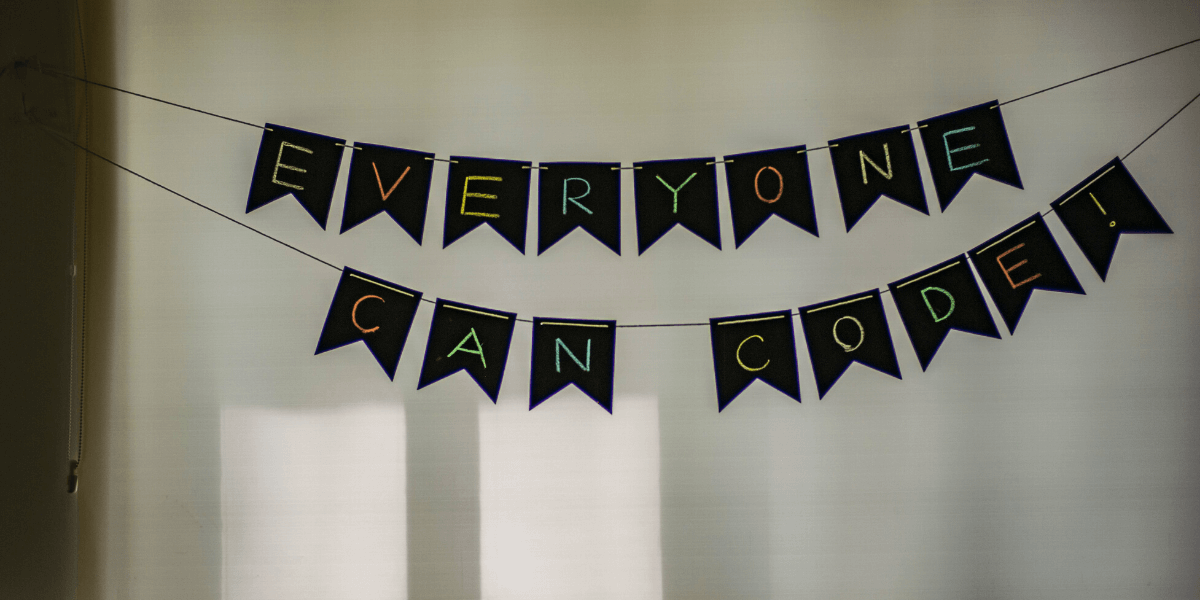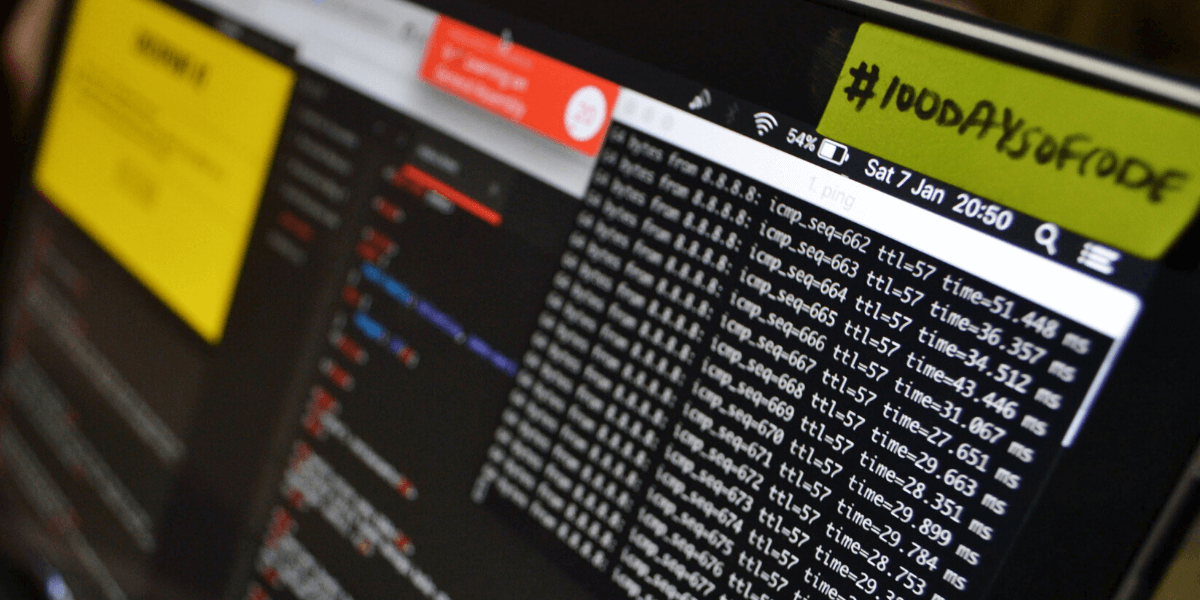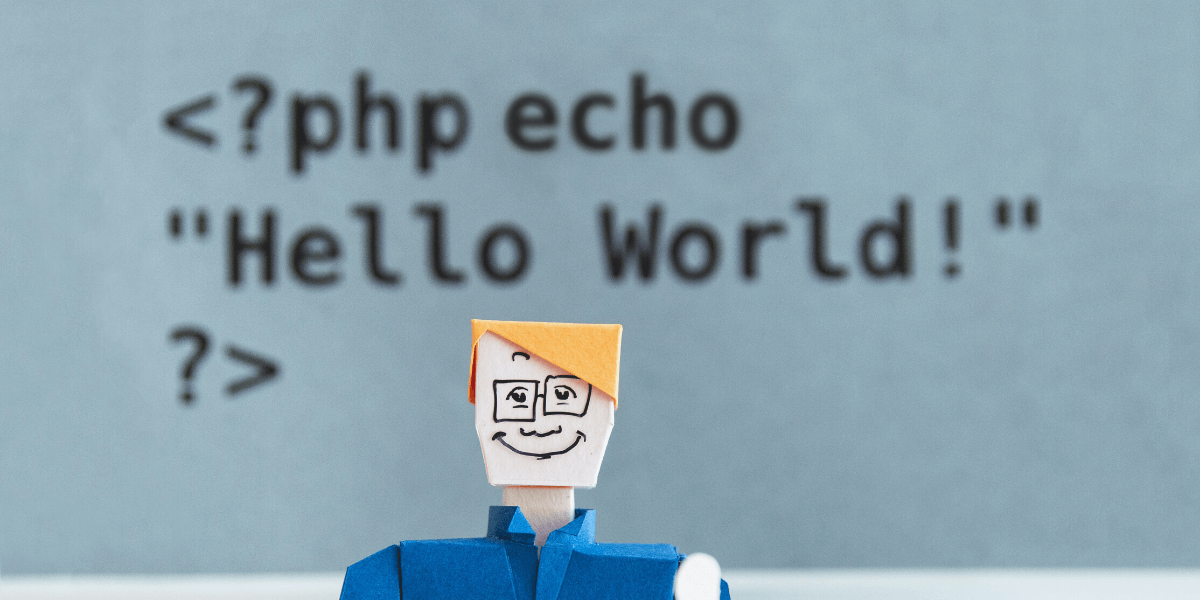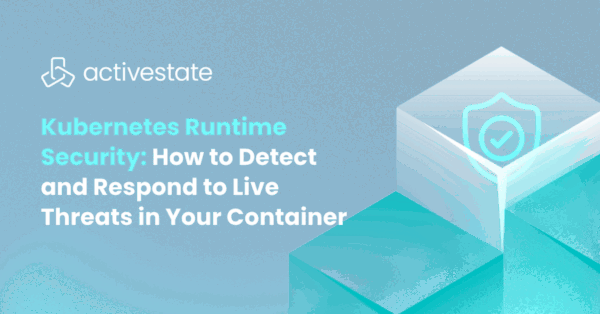But first, a question: how many software developers do you think there are worldwide?
/Data estimates that at the start of 2019 the figure was just under 19 million, 13 million of whom can be considered software professionals. Considering that Python is amongst the top 3 most popular programming languages, there’s already a large number of Pythonistas out there. Yet, there continues to be not only an ever-growing need for more Python programmers in general but those that can solve real-world problems using Python, specifically.

So before you start on your journey to learn Python, pause and think about the kinds of real-world problems you’re interested in solving. There are lots of use cases for Python that might attract you:
- Block chain applications in finance
- Predictive disease diagnosis in health care
- Self-driving automobiles
- Environment navigation in robotics
- Cybersecurity in networking
- Recommendation engines in e-commerce, and many more.
Or maybe you’d rather work on some of the apps that you use every day like Spotify, Instagram, Lyft, or even Google, all of which have built innovative features using Python. No doubt, curiosity is a powerful motivator, but once you’ve familiarized yourself with Python you’ll want to latch onto a use-case or industry in order to have a reason to apply your growing skills.
Back to our tips…
Here are the top 5 tips for Python beginners if you’re aiming to be among the best:
1. Pair programming.
Share a screen and work on a problem together with another curious Pythonista. One great way to do that these days is right in the Visual Studio Code editor. While the stereotype of the “lone coder” with no social life comes up far too often, it doesn’t mean learning to code needs to be done in isolation. Join meetups or Facebook groups to find a suitable partner you can code with. You’ll not only catch errors quicker, you’ll also find the different perspectives and styles refreshingly useful.
2. Code every day.
Do not break your coding cycle for anything. Nothing should be able to interrupt your routine of coding every day. Hashtags like #100daysofcode get shared hundreds of thousands of times for a reason. Programming is like learning to play the guitar. You might take a 5-day crash course and feel like a Guitar Hero, but if you don’t practice every day, you won’t be able to play more than your first song.
3. Share your progress. It keeps you accountable.
Similar to what fitness programs say about losing weight, when you share your progress you enter a race. As cliche as that sounds, sharing what you achieved in Python every week will invite constructive feedback and applause from the Python community. It will also motivate you to make better code to show off next time.
4. Remember to take breaks.
Eureka is often just a sleep away. Test it!
While Python is a relatively easy programming language to start with, certain applications (like Machine Learning) can get very complicated. To avoid being sucked down the ‘Python’ hole, especially if you’re learning Python in these times of quarantine, remember to take a break, switch gears, and do something else to unwind. Sleep on it, and tackle it again the next morning. Or play that guitar, maybe? 😉
5. Challenge yourself.
Sharpen your skills with weekly coding challenges. Try out Codewars or exercism. The book Automate the boring stuff with Python has some fantastic examples for Python beginners to try.
You can also find answers to basic Python questions in our Quick Reads section – take a look if you get stuck.
Once you’ve mastered the basics, here’s a list of Python challenges for beginners to follow along and exercise your skills on:
- Build a virtual assistant
- Make your own Chatbot
- Build a recommendation engine such as those used by Amazon or Netflix
- Perform predictive analytics using the March Madness Tournament data to predict winners, as an example
That’s it! These 5 tips will help you be a better Python programmer and learn more in less time. While we’re on the topic of learning more in less time, here’s a tool that can come handy: our open source languages platform. You can use it for free to build Python runtimes for each of your projects. If you haven’t downloaded Python yet, you can download our ActivePython distribution from the platform.
ActivePython bundles up the most popular third party libraries, packages and modules for you so you can get started right away.
And any time you start a new project, you should always create a new virtual environment for it. The easiest way to do that is to install the State Tool for Linux/Mac:
sh <(curl -q https://platform.www.activestate.com/dl/cli/install.sh)
Or install the State Tool on Windows using PowerShell:
IEX(New-Object Net.WebClient).downloadString(‘https://platform.www.activestate.com/dl/cli/install.ps1‘)
And then download and automatically install Python into a virtual environment:
state activate ActiveState/ActivePython-3.6
Don’t forget to tag us on your journey to learning Python. We are on Linkedin, Twitter, Instagram and Facebook.
Code more. Build less. And keep learning!
Related Blogs:









